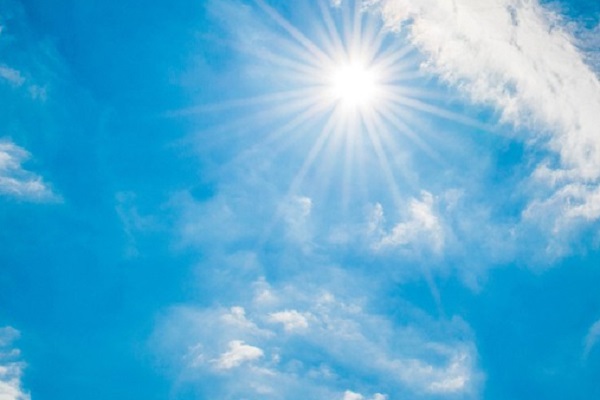
Interfaith and Understanding by Hilary Canto
- By WRN Guest --
- 24 Jul 2020 --
 Many question whether interfaith efforts are relevant or effective given the level of conflict we see around the globe. However this conflict is the very reason interfaith dialogue and connection is more important than ever. Interfaith efforts have made great strides and have a long history before the modern version.
Many question whether interfaith efforts are relevant or effective given the level of conflict we see around the globe. However this conflict is the very reason interfaith dialogue and connection is more important than ever. Interfaith efforts have made great strides and have a long history before the modern version.
There are three distinctions among interfaith services: The first is Interfaith in which all participants affirm commonality and pray together. Participants in Multifaith services come together but pray independently within their own faith. And in Single Faith, a religious event is hosted by a particular religious group and other faiths are invited to come and learn, share and understand that faith more deeply.
Today’s Interfaith communities employ all of these in one way or another. However the biggest obstacle has been that the peaceful traditions and rituals of each faith are often overlooked while the focus is given to extremists.
Seeking peace amid religious division is a lofty goal. As peoples nations and the world evolve, conflict arises. People seek to retain identity as chaos and change intervene, and Interfaith understanding is a pathway to finding that unity and oneness we claim to want but often resist.
In the interfaith classic “One River Many Wells” Matthew Fox quotes Meister Eckhart a great Christian mystic: “God is an underground river that no-one can dam up and no-one can stop.”
Fox extends this idea by saying: “There is one underground river – but there are many wells into that river: an African well, a Taoist well, a Buddhist well, a Jewish well, a Muslim well, a goddess well, a Christian well, and aboriginal wells.
“Many wells but one river. To go down a well is to practice a tradition, but we would make a grave mistake … if we confused the well itself with the flowing waters of the underground river.”
Interfaith efforts are part of a necessary evolutionary action required to help us break through the barriers of ancient prejudice and opinion and to go deeper into the recognition of where we agree, not where we differ. In a world torn apart by a pandemic, war, abuse, political and social oppression, religious division, starvation, climate catastrophe etc. – we can cross borders as people, as one race not divided by religion, identity or skin color. Thus we can face the world with reality, compassion for one another and a united desire to come through all that we face together and live in peace.
Indeed, the Dalai Lama believes that “Interfaith activities are imperative in a globalized world where religious cultures interact with ever-greater intensity.”
In the words of White Eagle – a Native American: “In different religions you get a different presentation of truth. Truth is like a jewel with many facets. There are many paths to God and someday when people of various faiths arrive at their goal, they will be amazed to find all their friends there also.”
For more information about crossing religious barriers, Religica may be of interest.


















